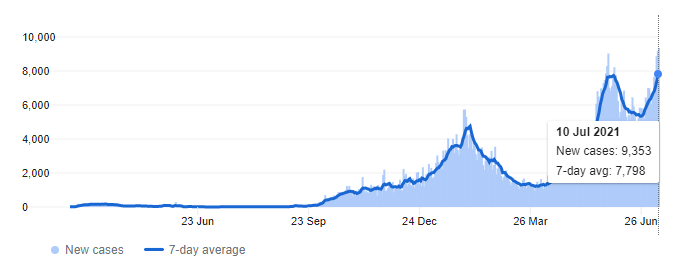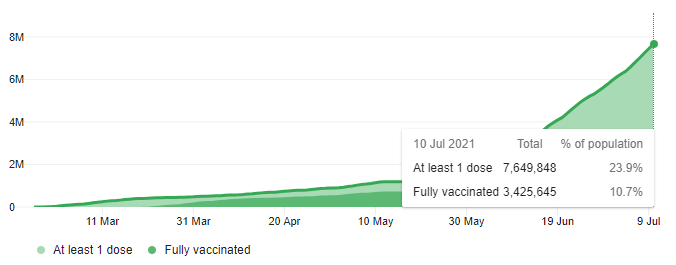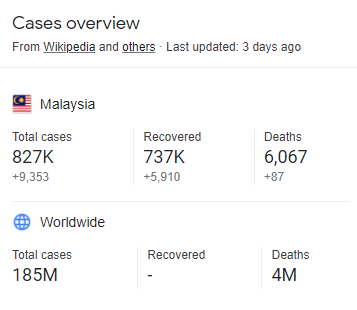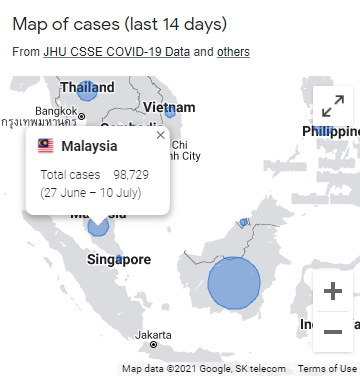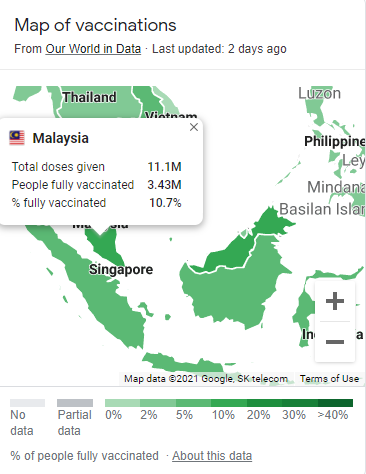Take some slow breaths: in through your nose, then slowly breathe out.
Slow breathing is one of the best ways to lower stress, because it signals
to your brain to relax your body.
Notice how you are feeling and what you are thinking, without judgment.
Instead of responding or reacting to those thoughts or feelings, note them,
and then let them go.
Talking to people you trust can help. Keep in regular contact with
people close to you. Tell them how you are feeling and share any concerns.
Do:
Get up and go to bed at similar times every day.
Keep up with personal hygiene.
Eat healthy meals at regular times.
Exercise regularly. Just doing 3-4 minutes of light intensity physical
movement, such as walking or stretching, will help.
Allocate time for working and time for resting.
Make time for doing things you enjoy.
Take regular breaks from on-screen activities.
Don’t:
Don’t use alcohol and drugs as a way of dealing with fear, anxiety,
boredom and social isolation.
Don’t expect too much of yourself on difficult days.
Accept that some days you may be more productive than others.
Try to reduce how much you watch, read or listen to news that
makes you feel anxious or distressed. Seek the latest
information from trusted sources at specific times of the day.
Helping others can be good for you too. If you are able to,
offer support to people in your community who may need it.
Don’t hesitate to seek professional help if you think you need
it. A good place to start is your local health worker. Help-lines
can also be a source of support.

